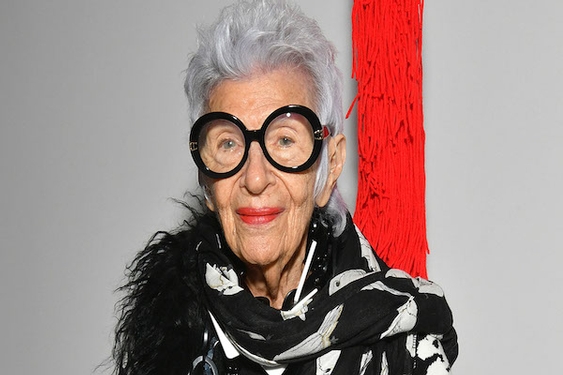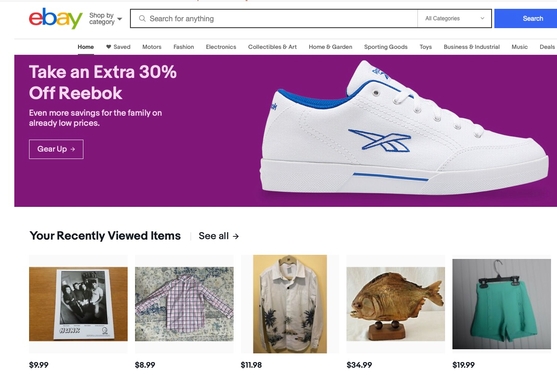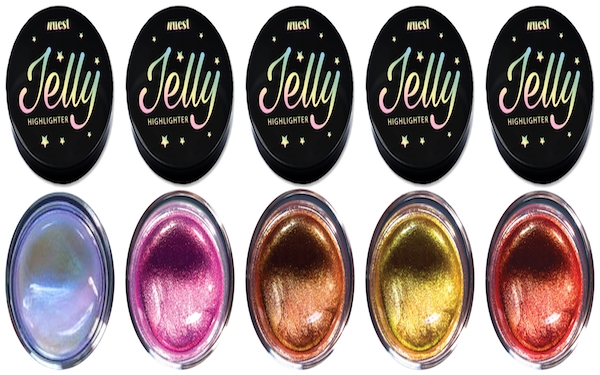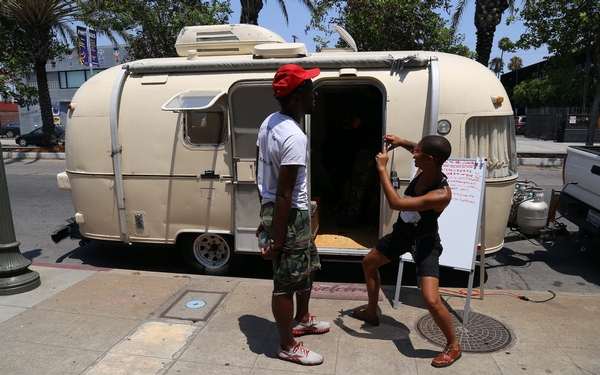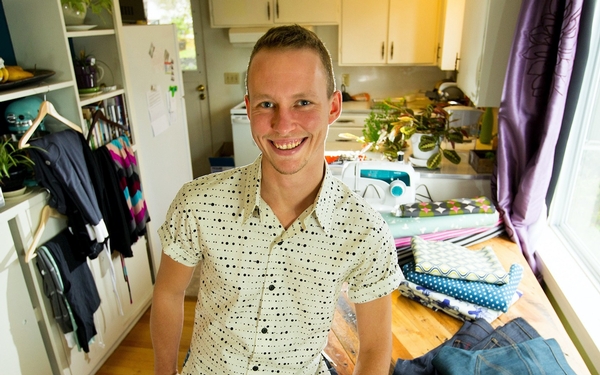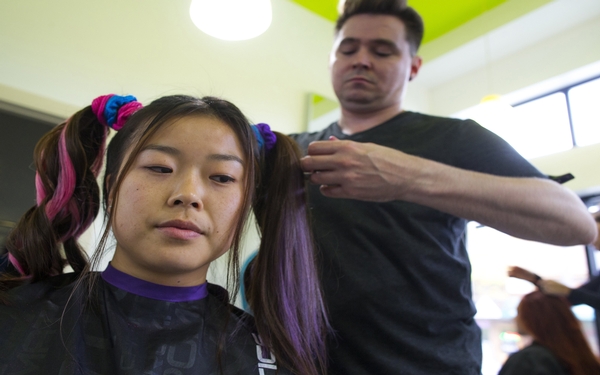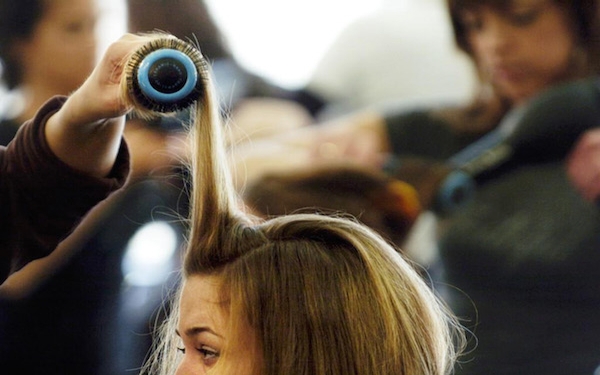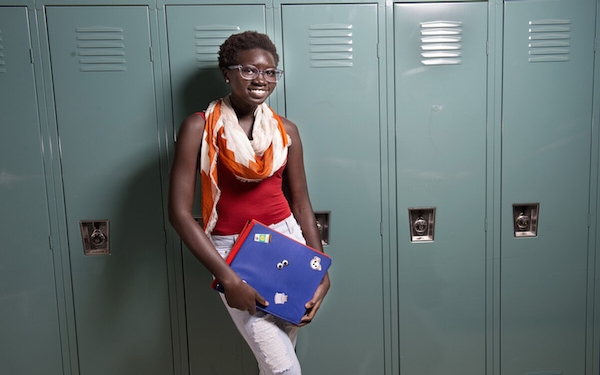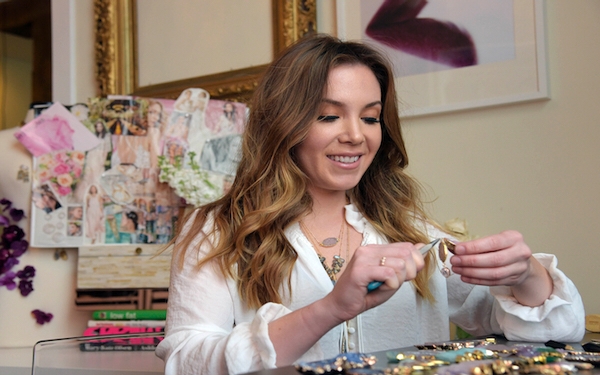At 98, fashion icon Iris Apfel has made it to the pages of a coloring book.
“Iris the Coloring Book” goes on sale July 14 and celebrates not only Apfel’s life in fashion but also the 10-year connection between her and the University of Texas’ textiles and apparel department.
The book benefits the department’s UT in NYC experience, created by Apfel and program director Nancy Prideaux. For a semester, students study different aspects of the fashion industry and then take a one-week trip to New York with Apfel as their guide.
This summer would have been the 10th week in New York for the UT program, but with the coronavirus pandemic, the next UT in NYC trip won’t be until next summer.
“Iris the Coloring Book” tells the story of Apfel’s life with sayings that have made her famous. It’s oversize, like a coffee table book, and offers 16 pages to color.
Prideaux says the idea for the coloring book came after realizing that “we need to do better” when it came to the cost of participating in the UT in NYC program.
In addition to tuition, that class comes with a program fee of $3,500, which pays for the hotel stay, some meals and some cultural events like seeing a Broadway play, but not airfare.
Even though the Prideaux has worked to find scholarship money, “your best and brightest may not have the financial means to be able to go,” she says.
Prideaux came up with a coloring book because “I’ve always been a colorer, even before it became a trend.” She says it brings a sense of “creativity and joy.”
It also seemed appropriate to make a coloring book about “the most colorful woman in the world,” she says.
Apfel is best known for her colorful wardrobe and the oversize, dark-framed circular glasses she wears.
Apfel’s glasses collection began as a child when she would pick them up at yard sales. “Every time I saw an interesting pair of spectacles, I put them in a box,” she says.
Then, as a teenager, she would pull out a pair of glasses without the lenses and put them on. Glasses, she says, “can do a lot for an outfit.”
“They thought I was crazy,” she says, “but I don’t care what people think.”
When it came time to actually wear glasses as she aged, she says, she thought, why buy a pair of frames when she had a box full of them? She took out the biggest pair she could find and asked the optometrist to make the lenses for them. That became her trademark look.
“People at first were very shocked and would ask me why was I wearing glasses that were so large,” she says.
Her responses were “the bigger to see you” or “that’s none of your business,” which would keep them quiet, she says.
“I don’t know whether the world was ready for me,” Apfel says
She has since developed collections of glasses. She now has many different types of glasses in different colors and shapes but loves the big, round, black frames the best.
While the glasses are her signature, she and her late husband, Carl, also started the textiles company Old World Weavers. She then worked on restoring and decorating the interiors of the White House from presidents Harry Truman to Bill Clinton. She also became known for her work curating art exhibits on fashion and design.
Apfel has 1.4 million followers on Instagram, and, she says, she’s had responses to posts from 70 different countries. She creates the content and then has a company that posts it for her.
“I like to amuse people and make people smile and learn something,” she says. “We must be doing something right.”
She has no idea why she has the followers she has. “I can’t imagine,” she says. “I’m not a planner; things just happen. If I like them, I work hard at them.”
When it comes to her fame and her followers, she says, “my husband and I used to sit and laugh. I’m not different now than I was 70 years ago. I’m hot or cool or whatever the hell I need to be.”
One thing she says she’s always done is “preach individuality and being yourself, living in the now and other good stuff like that. Maybe young people are ready for it, but it appeals to older people now.”
She likes to engage people in a dialogue, and Instagram has become the way she does that, especially right now.
Apfel has been at her Palm Beach, Florida, apartment since December. She had a lot of things scheduled and a lot of contracts that have been canceled or postponed.
“Retail has gone to the dogs, but I have hope,” she says.
She hasn’t been out of her apartment in four months except to go to the doctor’s office, but she keeps herself very busy updating her Instagram and talking to friends from all over the world.
She and her helpers (there are two, one who lives with her and one who comes in) invent new things to do. Every Saturday is spa day with different facial masks based on what’s left in the fridge.
“You have to be nimble, or it gets crazy,” she says.
Being nimble, evolving and trying new things have been hallmarks of Apfel’s career. One of those new things was becoming a visiting professor at UT in her 80s.
Apfel answered a message left for her at the gift shop at the Peabody Essex Museum outside Boston where she had an exhibit in 2010.
Austinite Sue Meller, who is the managing director of the Headliners Club and serves on the textiles and apparel advisory council at UT, took her mother to the museum and left that message, then returned to Austin and told Prideaux, “We have got to get Iris to UT,” Prideaux says.
When Apfel called Meller, she said, “Why do you want to talk to me?”
Apfel remembers being asked “if I could do something to beef up the … department, was I interested?”
“I’m always interested in helping young people,” she says.
The university has a small apparel collection, but, more importantly, they wanted to get Apfel in front of students. The first step was to get Apfel to teach a master class, which was to be celebrated with a ranch party as the department’s 2010 fall fundraiser.
Apfel had to cancel shortly before the trip because her husband was in the hospital. She gave her address to 75 people by speakerphone instead. “The dean got everyone quiet, and it became a love affair,” Prideaux says.
That night, Apfel had promised to make it up to everyone. Prideaux knew how she could. She flew up to New York that December to meet with Apfel, and they created a course for the next semester over dinner.
“We said, ‘We want your talent, your wisdom,’” Prideaux says. “‘We want you to open the doors to these students.’”
Apfel says, “They wanted me to expose these children who know nothing about what fashion is or what goes on in the great umbrella called fashion; there’s so many facets they could enter.”
She mentions museum work, licensing, forecasting, merchandising.
Apfel says that while she didn’t know how to put together this program, “like always, I said yes. I fall into things.”
The semester course gets students ready to be in New York with Apfel by teaching them about different areas of the industry. Their test is a week with Apfel and seeing fashion through her eyes.
Apfel says she went to the top and called everyone she could think of who was the best in that part of the business. “Nobody refused me,” she says. “We made a program, and they came.”
That first year, every time Prideaux talked to Apfel, she reassured her that the students would be ready for the trip, but, Prideaux says, her fingers were crossed behind her back.
Once the students got to New York, Prideaux remembers their first visit was with the head of licensing for Phillips-Van Heusen. Afterward, she heard him tell Apfel how smart the students were and what good questions they asked.
“My job was to get them ready, and they were ready,” Prideaux says.
That first year was so successful that the program has continued. During the New York week, students go to four different places a day with Apfel as their guide. They see people like Tommy Hilfiger when he’s in town.
“They get all the best people,” Apfel says.
While the students travel by subway or walk, Apfel takes a car and one student rides with her and gets one-on-one time with her.
Apfel says one thing she’s learned about students is that they have too much access to information, she says. “It’s too easy for them,” she says.
“They all want a road map on how they can get ahead,” she says. “Very few people have a sense of direction and ability to take risks. You have to take risks and learn a lot when you fail.”
Apfel says she tries to help them by telling them to be themselves and not want to be like everyone else, “not to rebel or conform, but to develop an inner self.”
Prideaux and Apfel have made some tweaks to the program, such as moving the weeklong visit from May to August and inviting students to apply for the program earlier in their school careers after alumni reflected that they would have taken different courses at UT if they had done UT in NYC first.
Each year, the program takes about 18 students, plus one student who has been in the program before and helps set it up the next year as an intern.
Not all of the students are textiles and apparel students. Often having a few with majors like public relations or business gives the class a different perspective, Prideaux says.
UT in NYC cannot take more students because some of the places they go in are very small. Each student applies with an essay and an interview. “We want to take the best and the brightest that just need additional exposure,” Prideaux says.
Many of the students who do this program end up working in the industry in New York, Dallas, Houston or California, Prideaux says.
Before the program, they might have been thinking they would get jobs as designers, which, according to Apfel, don’t exist anymore. Instead, they saw the whole fashion umbrella.
“The kids just loved it,” she says. “They all got jobs in things they never thought they would go to.”
The best part of the program, Prideaux says, is watching the students, some of whom have never been outside of Texas, and “seeing the light bulb go off and seeing the confidence grow throughout the week. They don’t look the same to me at the celebratory dinner as when we first go there. They’ve conquered New York.”
“The kids just say it’s an earth-shaking experience for them,” Apfel says.
Clarissa Garcia attended the 2017 program and was the intern for the 2018 program. Today she works in New York as a showroom coordinator for Ralph Lauren.
Before UT in NYC, she did not have a clear career path. “UT in NYC allowed me to have a shop-around experience to see what fits my personality and strengths,” she says.
“UT in NYC gave me that chance,” Garcia says. “I knew I had the tools to succeed.”
The week itself, Garcia says, “is a whirlwind.” Apfel takes students by the hand and shows them everything from the boardroom to the showroom, Garcia says. “She takes time to show someone what New York is about.”
“Being around her is really inspiring,” Garcia says.
The students get used to Apfel being stopped in the street by people wanting autographs and photographs with her.
“Iris Apfel is such a spectacle,” Garcia says. “She’s friends with everyone she helps us visit.”
“She is Iris Apfel, 100 percent.”
That Apfel is what Prideaux wanted to capture in the coloring book.
Almost three years ago, Prideaux approached Apfel on the last day of UT in NYC week about the possibility of doing the coloring book.
“It’s all about timing,” Prideaux says. “Anything with Iris is about timing.”
Apfel told her to talk to her attorney, but through the negotiation process, Apfel gave UT the rights to her name and her likeness for this purpose, and Apfel got final say over all the illustrations in the book.
Artist Kelly Framel, who is a graduate of the department, did the drawings.
For Prideaux, this coloring book could be the “digital detox” we all need. “This is something that can bring joy, that can be done at home while we’re sheltering in place,” Prideaux says.
Apfel says the coloring book “is kind of amusing. It gives space for lots of color. I’m a big person for color. I think we need all the color we can get in this gray, dark world.”
Prideaux says they raised the money to have 10,000 books printed and are hoping to raise $350,000 to $400,000 in the first printing.
“For me, it was a win-win situation,” Apfel says of the UT in NYC program and the coloring book. “If God is good to you, you have to give back.”
———
©2020 Austin American-Statesman, Texas
Visit Austin American-Statesman, Texas at www.statesman.com
Distributed by Tribune Content Agency, LLC.


